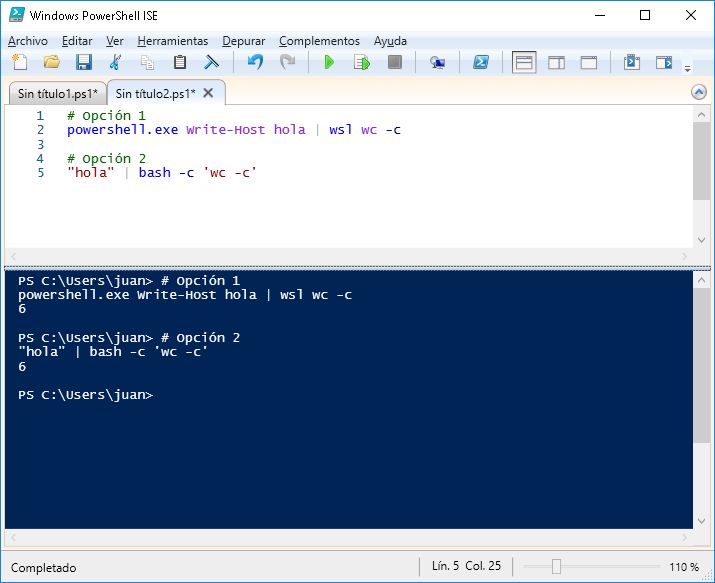

For instance, appending the following line to /etc/passwd creates a new user, “malicious-attacker,” with password “datadog” and the same privileges as root:Įxploiting Dirty Pipe to add a privileged user to the system by writing to the /etc/passwd file Escaping from underprivileged containers using Dirty Pipe One of them is by writing to the /etc/passwd file, which contains the list of users along with their privileges. There are several ways to exploit this vulnerability for privilege escalation. When exploited, the Dirty Pipe vulnerability allows an underprivileged user to write arbitrary data to any file that user can read on the file system. This vulnerability lies in the inner workings of the Linux kernel page cache, which handles what bits of memory (“pages”) need to be persisted to disk, and what pages can remain in memory only. AWS issued ALAS-2022-1571 and ALAS2KERNEL-5.4-2022-023 for its Amazon Linux operating system. While the situation is still developing, as of this writing Azure and GCP have not yet released a bulletin. Major Linux distributions have released dedicated security bulletins to help mitigate the vulnerability, including: To remediate the vulnerability, ensure your Linux systems are running a kernel version of 5.16.11, 5.15.25, 5.10.102, or more recent.
#Os secure pipes how to
#Os secure pipes full
Once there has been sufficient time for the community to remediate this vulnerability, we will release full technical details of our container breakout. As a consequence, we believe that a high number of systems will remain vulnerable in the future.ĭatadog was also able to demonstrate that Dirty Pipe can be used to break out from unprivileged containers. This can be especially true in the case of Android-based systems. Applying kernel patches is typically more challenging than standard software updates.
#Os secure pipes android
The Dirty Pipe vulnerability is trivial to exploit and affects a wide range of systems, including some versions of the Android OS, which is based on the Linux kernel. March 7, 2022: Public disclosure by Max Kellermann.February 21, 2022: The patch is released to the Linux Kernel Mailing List, without information about the vulnerability yet.February 20, 2022: Max Kellermann responsibly discloses the vulnerability to the Linux kernel security team.It is the first version to include the vulnerability. August 2, 2020: Linux kernel version 5.8 is released.May 20, 2020: The vulnerability is unknowingly introduced into the Linux kernel through a code refactoring in commit f6dd975583bd.While easier to exploit, it is similar to an older vulnerability disclosed in 2016, Dirty COW, which has been actively exploited by malicious actors since then. After its discovery, it was fixed for all currently maintained releases of Linux in versions 5.16.11, 5.15.25, and 5.10.102. This vulnerability affects kernel versions starting from 5.8. On March 7, 2022, Max Kellermann publicly disclosed a vulnerability in the Linux kernel, later named Dirty Pipe, which allows underprivileged processes to write to arbitrary readable files, leading to privilege escalation.
#Os secure pipes update
We will update the information in this blog as it is released publicly. The situation with Dirty Pipe is rapidly evolving.


 0 kommentar(er)
0 kommentar(er)
